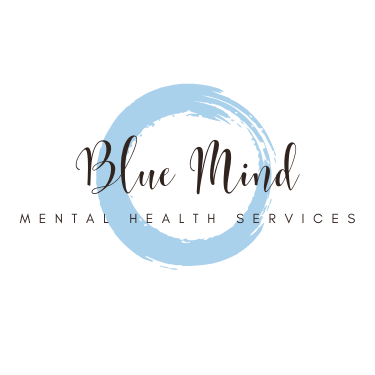How to Deal with Guilt when Setting Boundaries
No boundary setting post would be AT ALL effective without including a How-To for dealing with guilt.
There are tons of great books and articles on boundary setting, but rarely is there an emphasis on how to manage the guilt. The No. 1 factor that causes women to not set good boundaries is the emotional pain — the guilt and shame — they feel when they set them.
What are boundaries? Why are they important?
Boundaries constitute a series of tools we use to set limits, expectations and responsibilities with others and for ourselves. They help us define who we are and what we want in the world. Boundaries help us establish what’s OK in our life and what’s not okay. These limits help us to let the good stuff in and keep the bad stuff out.
An example of a boundary might be telling your boss that you are unwilling to stay late to catch up on last-second requests on Tuesdays because you have other commitments.
Why do many women feel guilty when they try and set boundaries?
Many women feel guilty when they set a boundary because it’s confusing to the psyche. Normally, when we do something wrong, we feel guilty about it. This is an appropriate and helpful when it comes to correcting behaviors that goes against our value and intentions.
However, many women report feeling “bad” when they are simply taking care of themselves, facing conflict, or setting healthy limits. (A lot of women I talk to have a much easier time setting boundaries for their kids or for others than they do for themselves.)
Why is that? I think it’s a combination of factors, in particular the social construct of self-sacrifice which is present for women at all times, even when we are unaware of it.
The guilt you feel when doing something like setting boundaries is unearned, which is why we call it unearned guilt or unhealthy guilt.
When you set a healthy boundary, you will probably feel good at first, then experience some self-doubt and guilt. The guilt you are feeling in that moment, is unearned and it is a common and normal response to have when you are doing something new. It’s a normal part of the process of setting healthy, helpful boundaries, even more so for people who are new to having and setting boundaries in their relationships. These negative feelings are not the truth, they are the result of an ingrained self-punishment impulse that you must acknowledge but not let succeed.
Strategies for Unearned Guilt: The Feel and Deal Formula
Feel the guilt. It’s common to feel unearned guilt, even OK to an extent. Remind yourself that Unearned guilt is often giving you bad information.
For example: When Betty tells her boyfriend she wants him to spend more time with her, she might feel bad and start thinking along the lines of: “Am I being too needy?” … “Did I say it wrong?” … “Uh-oh, maybe I made a mistake.” This is unearned guilt. This type of unearned guilt is unwarranted and socially induced.
Acknowledge it and deal with it. Anytime you ignore an emotion, it “works on you.” So, I recommend acknowledging the guilt you feel, but recognize when it is unearned or not.
Tell your guilt, that I see you, and I feel you and i know what your trying to do (Yes, I mean it!). Tell your guilt you are making a good decision and that you will persevere. Picture this unearned guilt as that friend trying to get you to do something you know will get you in trouble. Tell them (your guilt) “Thanks, but I’m good.”
Do this each and every time you feel the emotional pain that is so common when setting healthy, helpful boundaries. Eventually, the unearned guilt will dissipate, and the boundary setting will get easier.
If you're tired of walking on eggshells or always second-guessing your choices, therapy can help you get clear on your boundaries and build confidence in your decisions.
At Blue Mind Mental Health Services, we work with people who feel like their brain never shuts off. who feel overwhelmed, anxious, or stuck in constant worry. We help you learn how to regulate your emotions, trust yourself more, and stop letting anxiety and guilt call the shots.
👉 Book a free 20-minute consultation today and take the first step toward emotional freedom.

